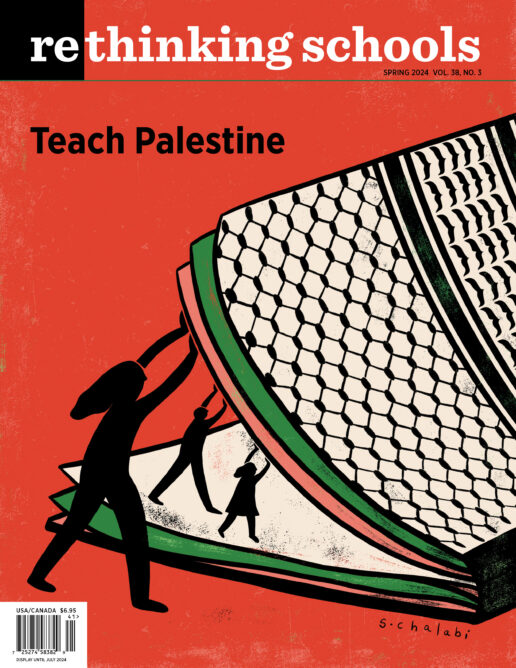Our picks for books, videos, websites, and other social justice resources 38.3
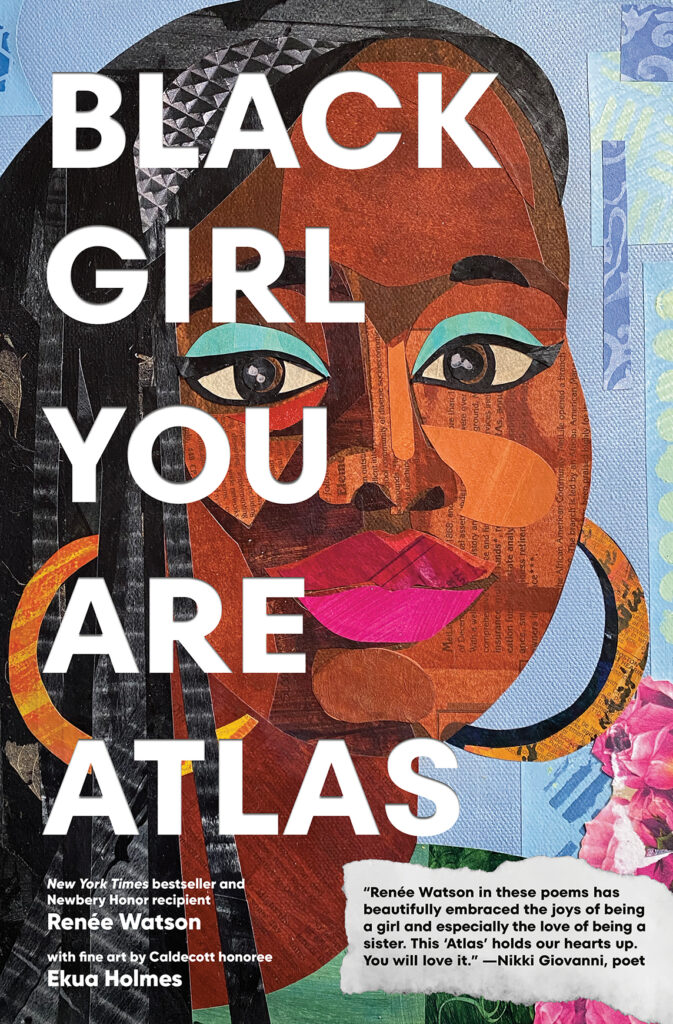
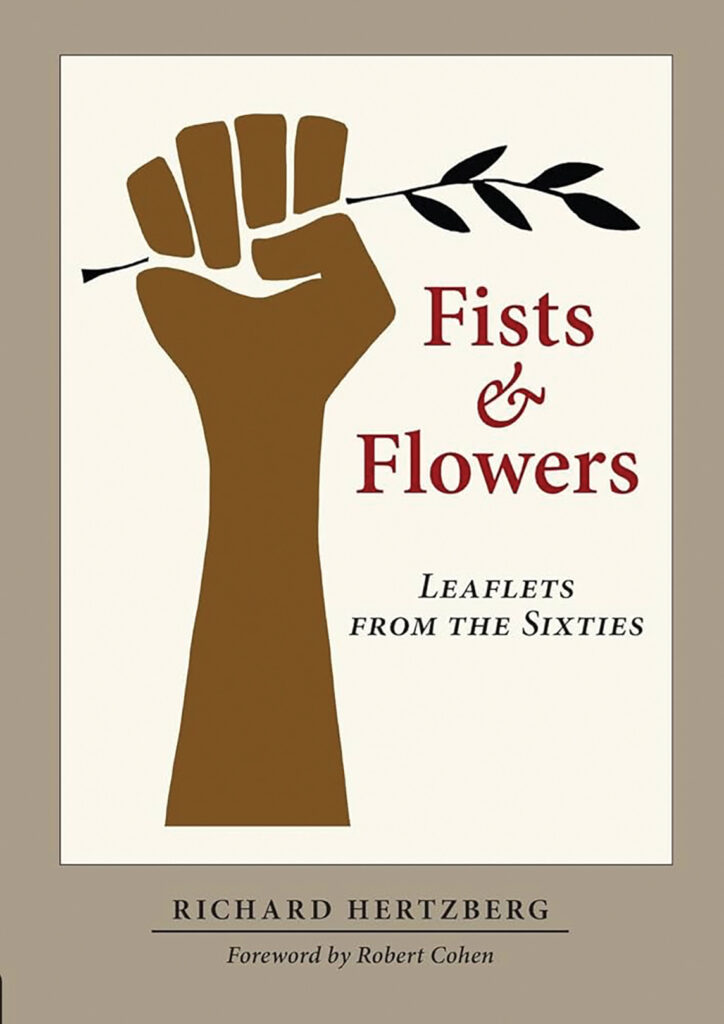
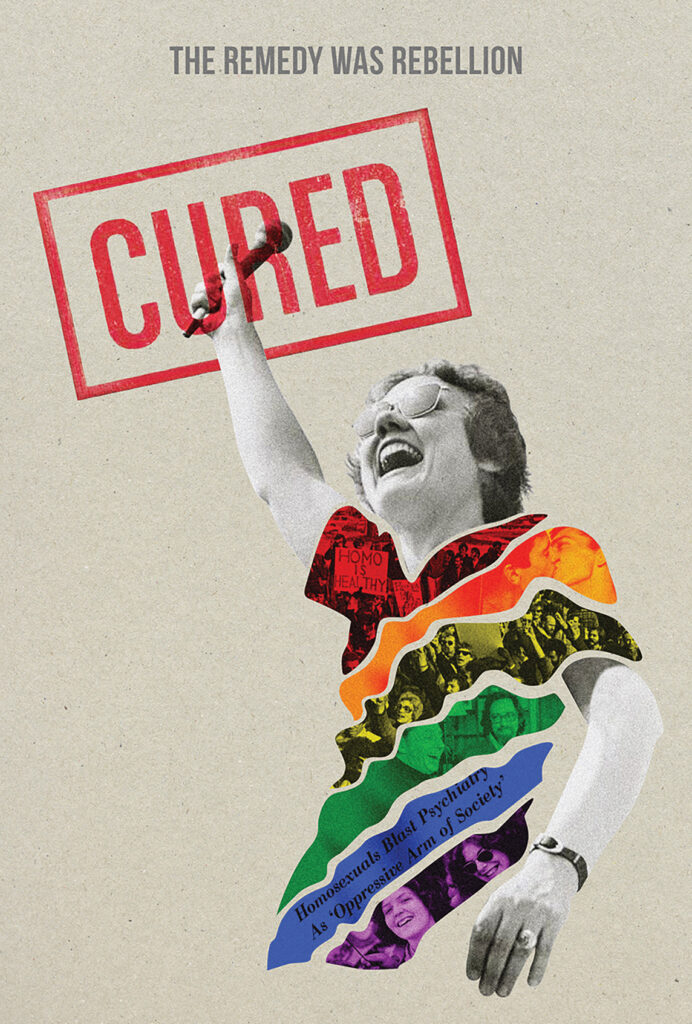
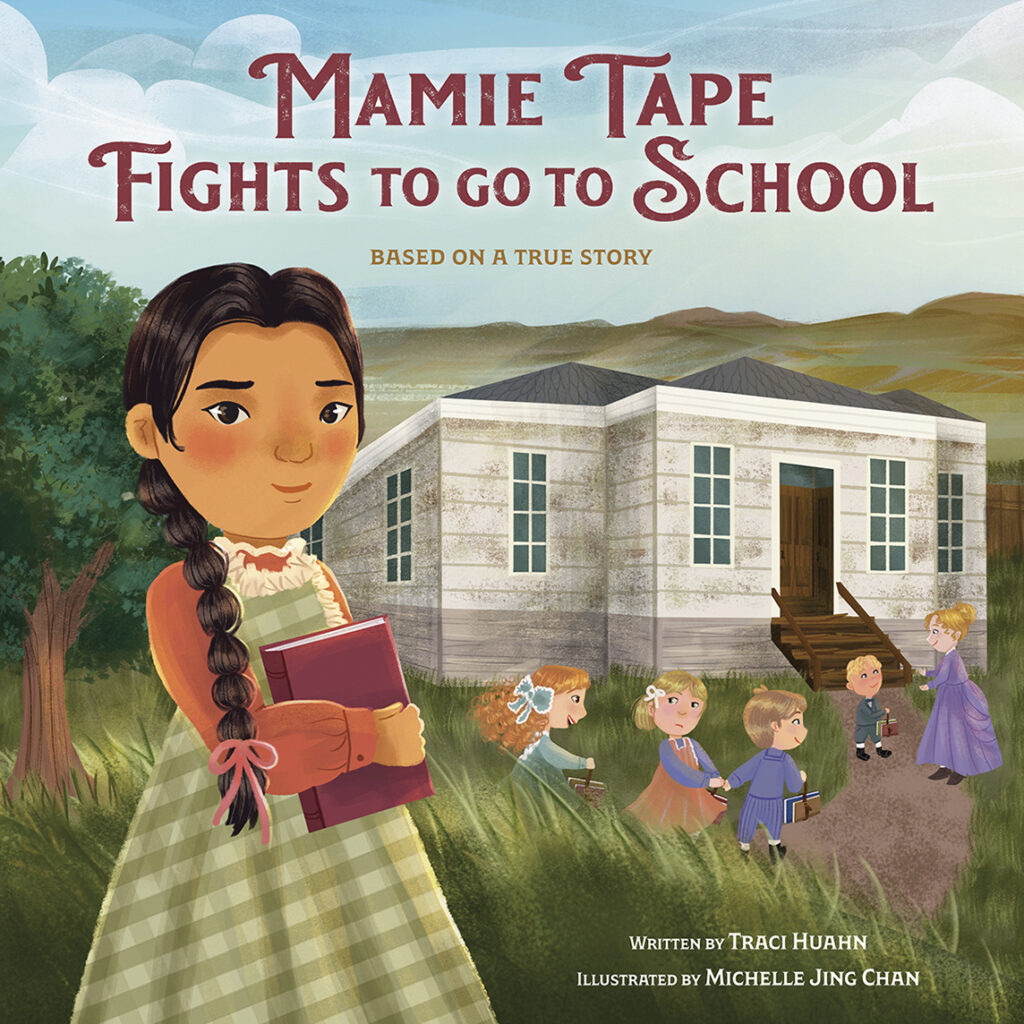
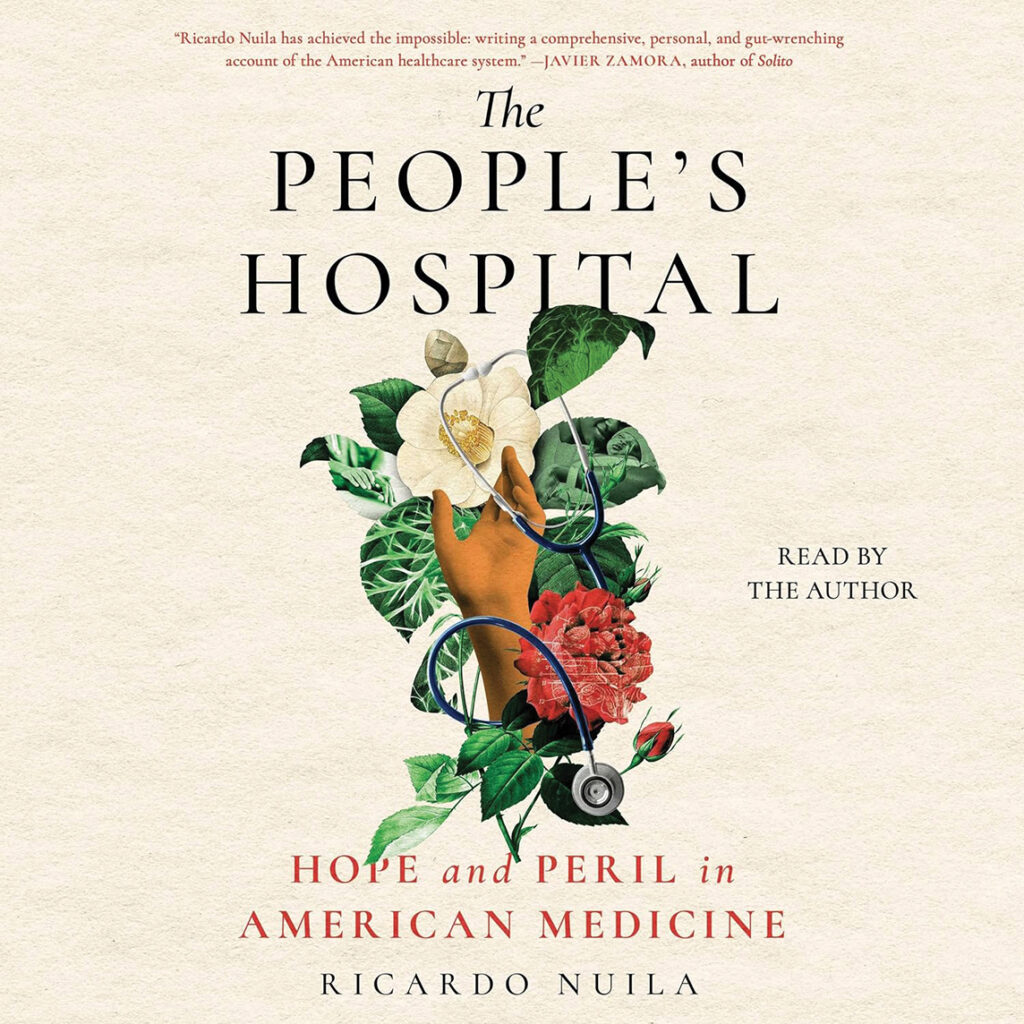
Curriculum
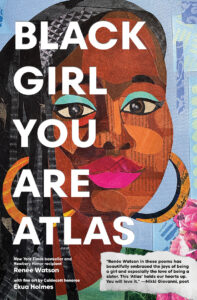
Black Girl You Are Atlas
By Renée Watson
Art by Ekua Holmes
(Kokila, An Imprint of Penguin Random House, 2024)
96 pp.
Black Girl You Are Atlas is Renée Watson’s first book of poetry. Like her novels, Watson’s poems explore the intersection of race, class, and gender. And like her novels, this semi-autobiographical collection celebrates the joys and sorrows of growing up a Black girl in this country. Woven throughout the book are loving odes to Black women — mothers, sisters, friends. Although young people are the book’s intended audience, the pieces will resonate across age levels. Black Girl You Are Atlas is a teacher’s dream, full of diverse styles of poetry from haikus and tankas to pantoums, odes, and free verse. It is Watson’s topics — age poems, like “Turning Thirteen,” that teachers can draw from to shape lessons that bring together students’ lives and the world:
Rodney King has been beaten by LAPD police officers
and I can’t stop wondering if one day the cute Black boy at school
will also be beaten or disappear or die
at the hands of police or white supremacists
like so many Black boys, Black men, do
Ekua Holmes’ artwork adds a jaw-dropping layer of beauty, rarely witnessed outside of picture books. Her collages will inspire poems on their own.
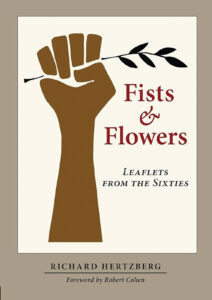
Fists & Flowers: Leaflets from the Sixties
By Richard Hertzberg
Foreword by Robert Cohen
(The Publishing Circle, 2023)
157 pp.
What a cool resource to teach about 1960s social movements. Fists & Flowers collects — and celebrates — leaflets from the “Long Sixties,” 1963–1973. Richard Hertzberg explains why the book centers on leaflets: “Leaflets express and embody the unvarnished, spontaneous voices of the era. They are historical documents, encapsulating the passions and perspectives of the various political, social, and cultural movements of the Sixties. . . . They are unfiltered, unrestrained, and authentic . . .” The book, divided into seven sections — Civil Rights and Black Power, Anti-Vietnam War, Ethnic Identity and Solidarity, Women’s Liberation, Gay Rights, Ecology, and the Counterculture — allows students to gain a visceral appreciation for social movements of that era. Teachers will find the book revealing, inspirational — and delightful.
Picture Book
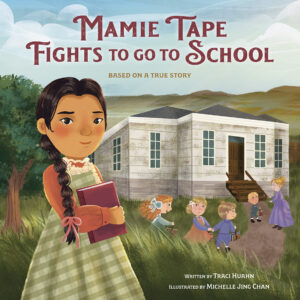
Mamie Tape Fights to Go to School: Based on a True Story
By Traci Huahn
Illustrated by Michelle Jing Chan
(Crown Books, 2024)
40 pp.
This picture book tells the true story of a fight for access to public education by an 8-year-old Chinese American girl, Mamie Tape, and her parents. There were no public schools for Chinese Americans in 1884 in San Francisco when Mamie tried to attend the white school and was turned away. That led her parents to go to court, first at the city level and then with the state. Victories were met with more setbacks. When legally allowed to enroll, school authorities gave Mamie reasons she could not attend: The classes were full (they were not); then that she needed a vaccination by a non-Chinese doctor. During these delays, the school district built a second-rate Chinese American elementary school, later called the “Oriental School.” Mamie Tape sheds light on one fight for desegregation and quality education in the United States — including children and their families as organizers. It also demonstrates how white supremacists circumvent the law when a court rules for equitable access. Young readers will realize that court rulings are just one part of any campaign for human rights.
Policy and Politics
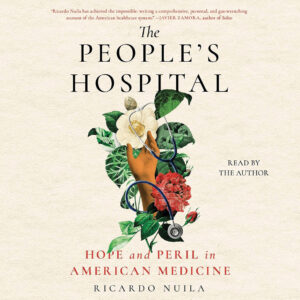
The People’s Hospital: Hope and Peril in American Medicine
By Ricardo Nuila
(Scribner, 2023)
384 pp.
With tender, conscientious storytelling, The People’s Hospital introduces readers to five uninsured Houstonians, each struggling with life-threatening ailments and denied critical care until they arrive at Ben Taub Hospital, where physician Ricardo Nuila works. There, at the city’s largest safety-net hospital, they find a crucial model of compassionate, innovative health care that should inspire policy and practice across the country. The People’s Hospital diagnoses the state of the U.S. medical system. Nuila traces the disturbing entanglements of insurance companies, doctors, hospitals, and Big Pharma that put earning money far above providing care. In this system, which he shorthands “Medicine Inc.,” people’s medical problems are metabolized into profit. At the heart of this accounting, however, is a powerful foil: a hospital community that actually treats health care as a human right. Nuila weaves together stories of his patients and family members with tremendous reflections on challenges, consequences, and remedies for the U.S. medical system. Ben Taub, he writes, “is an excellent classroom.” The People’s Hospital is a love letter to that classroom, “where people find health care and revere it like a treasure.” And it is a call to action for practitioners, politicians, and the public to protect the most vulnerable among us by championing science and medicine for the collective good.
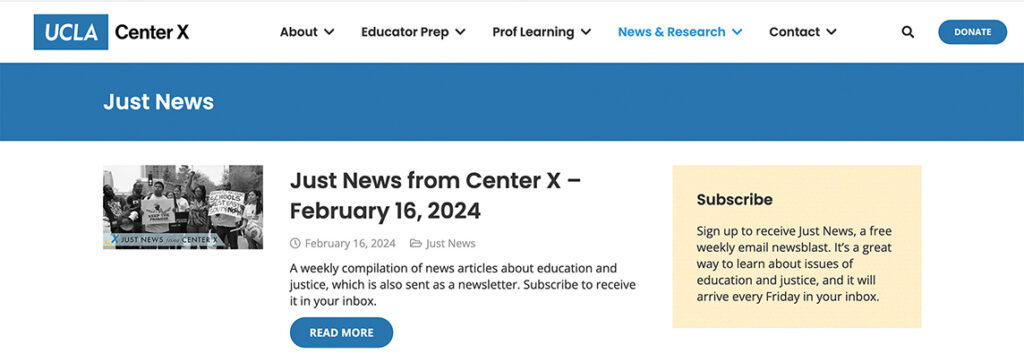
Just News
UCLA Center X
centerx.gseis.ucla.edu/just-news-2
2024
Just News bills itself as “A weekly compilation of news articles about education and justice.” These emails arrive free each Friday, and we look forward to them. Just News is an indispensable collection of the best and most interesting articles and segments — from newspapers, magazines, radio, and TV — around the country. A recent compilation included an article from the Nation about the “voucher bait and switch” that has turned a state surplus in Arizona into an unprecedented deficit, thanks to an immense bill for vouchers to support private school tuition; a Vanity Fair article about a Miami school district requiring parental permission for students to participate in Black History Month events; an important Grist story from High Country News about the connection between colonialism, Indigenous dispossession, land-grant universities, climate change, and Indigenous students; and an EdSource article about an innovative San Diego State University program that takes aspiring dual-language educators to Tijuana to learn more about the conditions for students from Mexico, and Central and South America, migrating to the United States. Just News connects us with activists throughout the country and analysis that helps us sort through the forces shaping the lives of children and educators. We are grateful to the UCLA Center X scholar activists who help keep us informed about critical issues in education.
School Support Services Outsourcing: The Original Privatization of Education
(In the Public Interest, 2023)
28 pp.
One type of school privatization that often goes under the radar is the outsourcing of school support staff to third-party, for-profit corporations. When school food service workers, custodians, nurses, paraeducators, and other vital school support staff are contracted out, the public loses control over those services, the quality is threatened, and there is less accountability and transparency. This new report from In the Public Interest exposes why privatizers go after school services and how we can prevent it.
Films
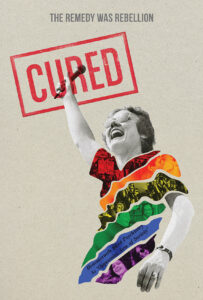
Cured
Directed by Patrick Sammon and Bennett Singer
(Story Center Films, 2020; streaming, 2024)
cureddocumentary.com
82 min. and 37 min. (classroom version)
Following the Stonewall Rebellion of 1969, a key LGBTQ+ rights struggle was the campaign to remove the classification of homosexuality as a mental illness from the American Psychiatric Association (APA) manual of mental disorders. The APA designation of being gay as an illness had ramifications for every aspect of gay people’s lives — including employment, health care, legal rights, family, education, and overall human rights. It even hampered people’s ability to organize to change the designation since the credibility of LGBTQ+ people was questioned and their ability to meet publicly was limited. This makes the campaign to remove the diagnosis of homosexuality from the APA manual even more extraordinary, as the award-winning PBS film Cured so aptly documents. In fact, the film can be used as a primer on how to organize in the face of repression, using a wide range of tactics. Cured is highly recommended for courses on 20th-century U.S. history, psychology, social movements, and LGBTQ+ history. To increase accessibility for classroom use, the filmmakers created a 37-minute version.

